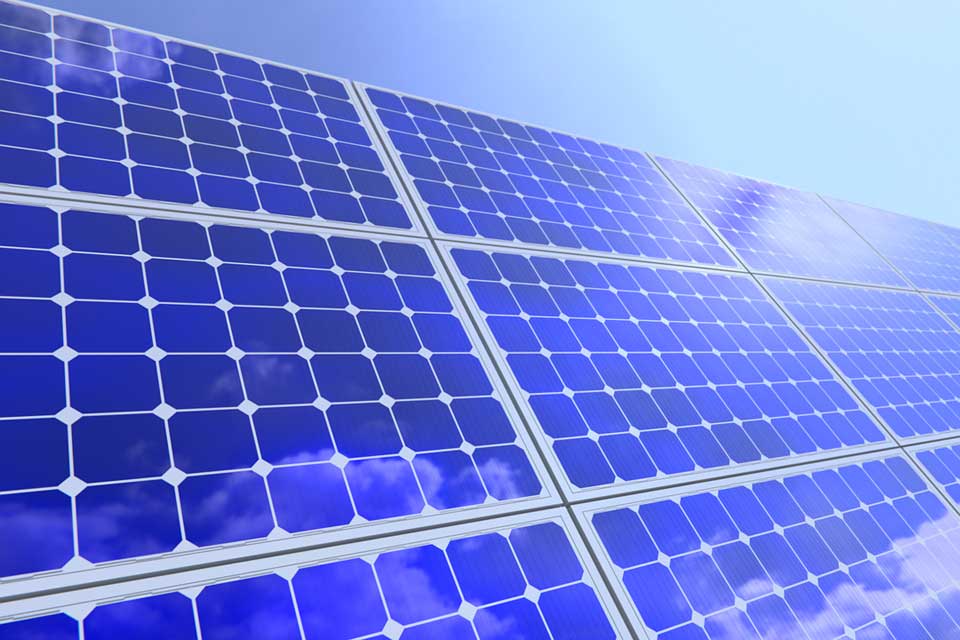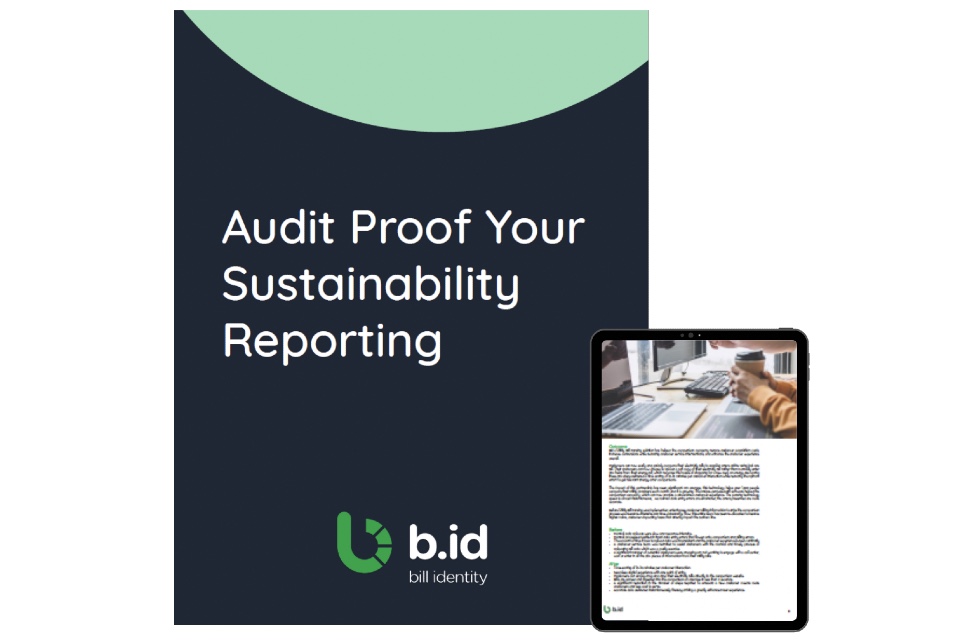Manufacturers face rising energy and labour costs, regulatory pressures, and growing environmental responsibilities. Among their common challenges is waste management inefficiency. Traditionally, industrial waste bins, especially in expansive setups like automotive production lines, are emptied on fixed schedules, often before they are full, leading to resource wastage. Internet of Things (IoT) technology offers a solution that equips bins with sensors to monitor fill levels. This enables real-time data collection to optimise waste collection processes, reduces unnecessary trips, and reallocates human resources to more critical tasks.
Gareth Mitchell, UK Partner Manager, Heliot Europe explains how sensors, IoT and LPWAN technology helps reduce waste within manufacturing, and helps streamline the refuse collection process…
The hidden ‘waste’ in waste collection
To appreciate the extent of the waste management problem within manufacturing, consider an example from the automotive manufacturing industry. In this sector, production lines are often very long, and can extend to over a kilometre in length. Now imagine at each stage of production there are individual disposal or refuse bins for each type of waste that is produced during production – standard waste, specialised waste, or waste for recycling. In order to make the best use of time, these bins should preferably be completely full before they are emptied – but it’s often the case that they are not.
Additionally, in many refuse collection situations, a subcontractor is used to collect waste from bins. When they are not completely full – a wasted trip is made to collect refuse. Moreover, the process for checking the fill level of a bin is often wasteful in itself. This is because employees are generally given the task of checking how full bins are, depending on the manufacturer’s process and type of waste, which eats into potential productivity and output for these workers. Additionally, without specific monitoring data or insights, the cadence for collection is often wrong and misaligned. Should staff really spend time checking how full a rubbish bin is when they could be productive elsewhere?
Therefore, the entire waste collection process can be wasteful for many manufacturers – both in terms of how the bins are filled and how resource and productivity is wasted in managing or collecting bins. Should manufacturers really spend financial resource with waste collection sub-contractors to collect bins when they aren’t truly full? These problems indicate that the tracking of waste within bins needs improving, as does the situation around communicating when bins need to be collected and replaced.
Automating waste management
A better alternative to collecting half full bins or manually checking the status of waste disposal would be to lean on the use of the IoT, to help improve human productivity and efficiency, and to make the tracking and collection of bins more efficient. In this scenario, bins could be fitted with IoT sensors and connected to back-office IT systems, where they could accurately report on how much waste is in a bin in real-time or as near to ‘real-time’ as needed. This kind of information could digitise the management of waste more effectively.
The sensors could measure the status of the bin’s volume or mass. They could provide data about how full the bin is and this information could be shared with the manufacturer and third-party waste collection firms to deduce the most opportune time or day to collect waste. Since sensors would be placed in bins and determine how full the bin is (e.g. by weight or fill level); it would then mean that manufacturers could train and deploy employees to other tasks within the organisation too, recouping this lost productivity.
Since the bins would be connected to the internet via the sensors, it would also be easy for manufacturers and sub-contractors to gain a more accurate idea of where bins are located and the extent to which they need replacing. Does the cadence for collection with the sub-contractor need to change, for instance? Is there a more sensible route within the factory itself to collect the waste? This data could enhance the waste management strategy completely.
In some scenarios, manufacturers make use of re-usable packaging to store or transport goods too. In glass production, for example, where windscreens for cars are produced, the glass windscreen might be produced and loaded onto an A-Frame Stillage (trolley or rack). These racks would then be transported to an automotive manufacturer – but they would need to be returned to the glass manufacturer. So, in this example, IoT sensors help with tracking and tracing the location of racks and other reusable packaging so they can be returned and re-used effectively. Naturally, this approach has applications and uses within other re-usable packaging scenarios too.
Connectivity and sensors
A significant benefit of this technology is that these sensors can be retrofitted onto existing bins within manufacturing warehouses and locations. These sensors are also often equipped to be able to connect to various data networks in several ways too. In this environment, where alternate technologies such as WiFi and 4G struggle (cellular) to penetrate metal and large machinery, the most cost effective and reliable method of data connectivity comprises using a selection of appropriate forms of low powered wide area network (LPWAN) connectivity. For example, one such LPWAN option includes Sigfox’s 0G radio technology.
The reason LPWAN connectivity is preferable is because LPWAN networks consist of wireless wide area network technologies that interconnect low-bandwidth, battery-powered devices with low bit rates over long ranges. This is key because it helps keep costs of data transmission low. Further, since higher data transmissions often equate to more cost and power usage in sensors and IoT devices, it becomes important where possible to ensure battery life for sensors and devices is as long as possible. This is because once a device is located in the field, it makes it more expensive to maintain if the battery needs to be changed regularly. LPWAN devices typically last around 5 or so years in these scenarios.
Another reason that many organisations choose LPWAN connectivity over cellular is because LPWAN connectivity gateways can be easily set up across manufacturing sites or production facilities with ease. This means LPWAN can connect devices in hard-to-reach places with patchy signal, and can even penetrate underground. Moreover, it is much more straightforward and quicker for an LPWAN provider to set up additional network connectivity than it is for a mobile phone company to expand their network. What is more, LPWAN providers offer more robust service level agreements compared to cellular providers. All of these benefits make LPWAN technology a strong choice in providing connectivity for smart-refuse services, offering cost and time efficiencies in installation, usage and maintenance.
Conclusion
In manufacturing, waste not only pertains to the materials used, but also to inefficiencies in waste management itself. With IoT and LPWAN technologies, manufacturers can improve traditional waste management processes. Smart bins equipped with IoT enabled sensors can optimise collection schedules, enhance productivity, and reduce unnecessary collection trips for both workers and sub-contractors. By leveraging real-time data, companies can ensure resources are allocated and utilised effectively, cutting costs, and improving overall efficiency. This technology, driven by LPWAN connectivity, has the potential to streamline waste management and, at the same time, contribute to a more sustainable and productive manufacturing environment. As IoT technology continues to evolve, the manufacturing industry stands to benefit significantly from these innovative solutions.






